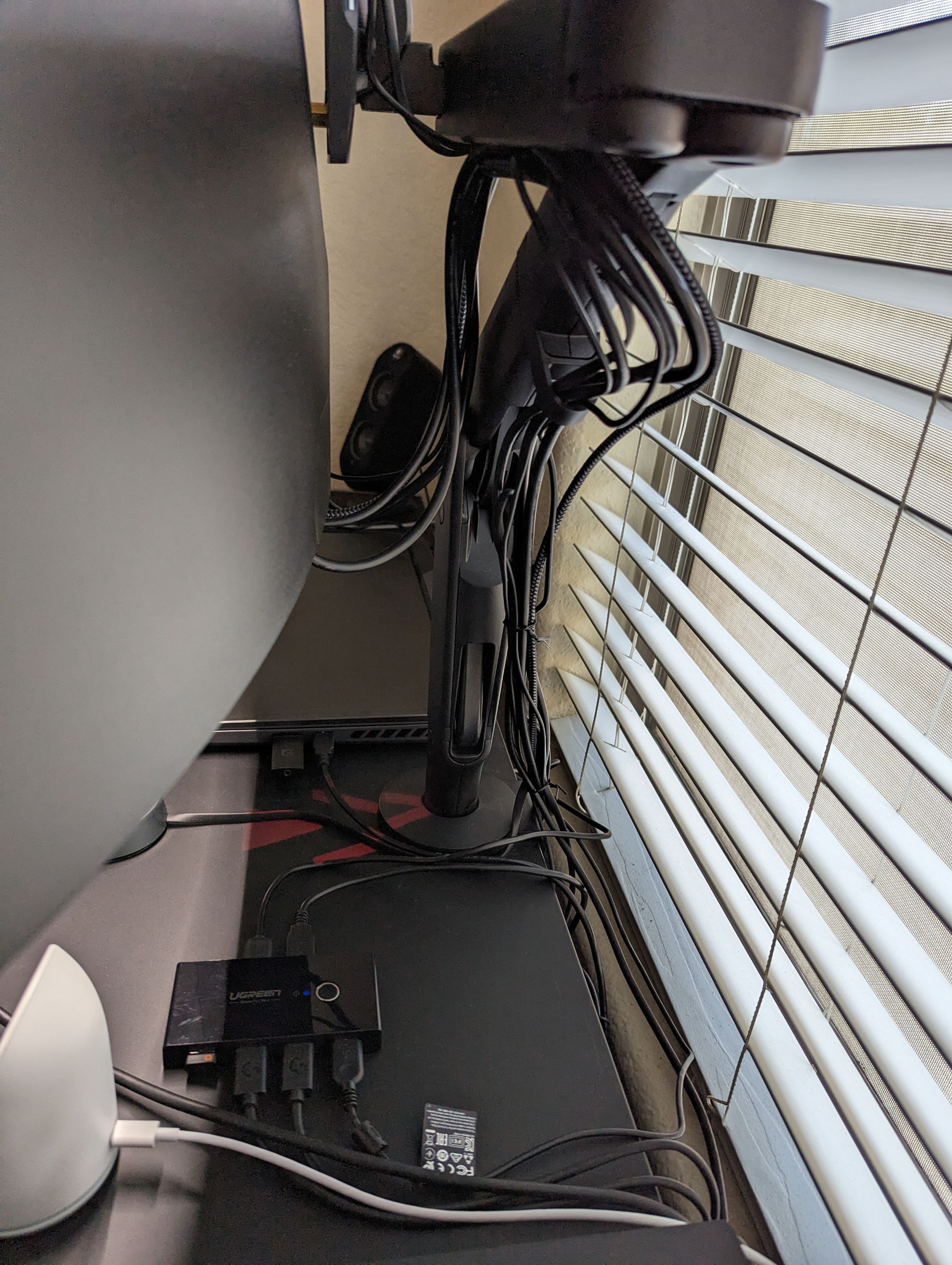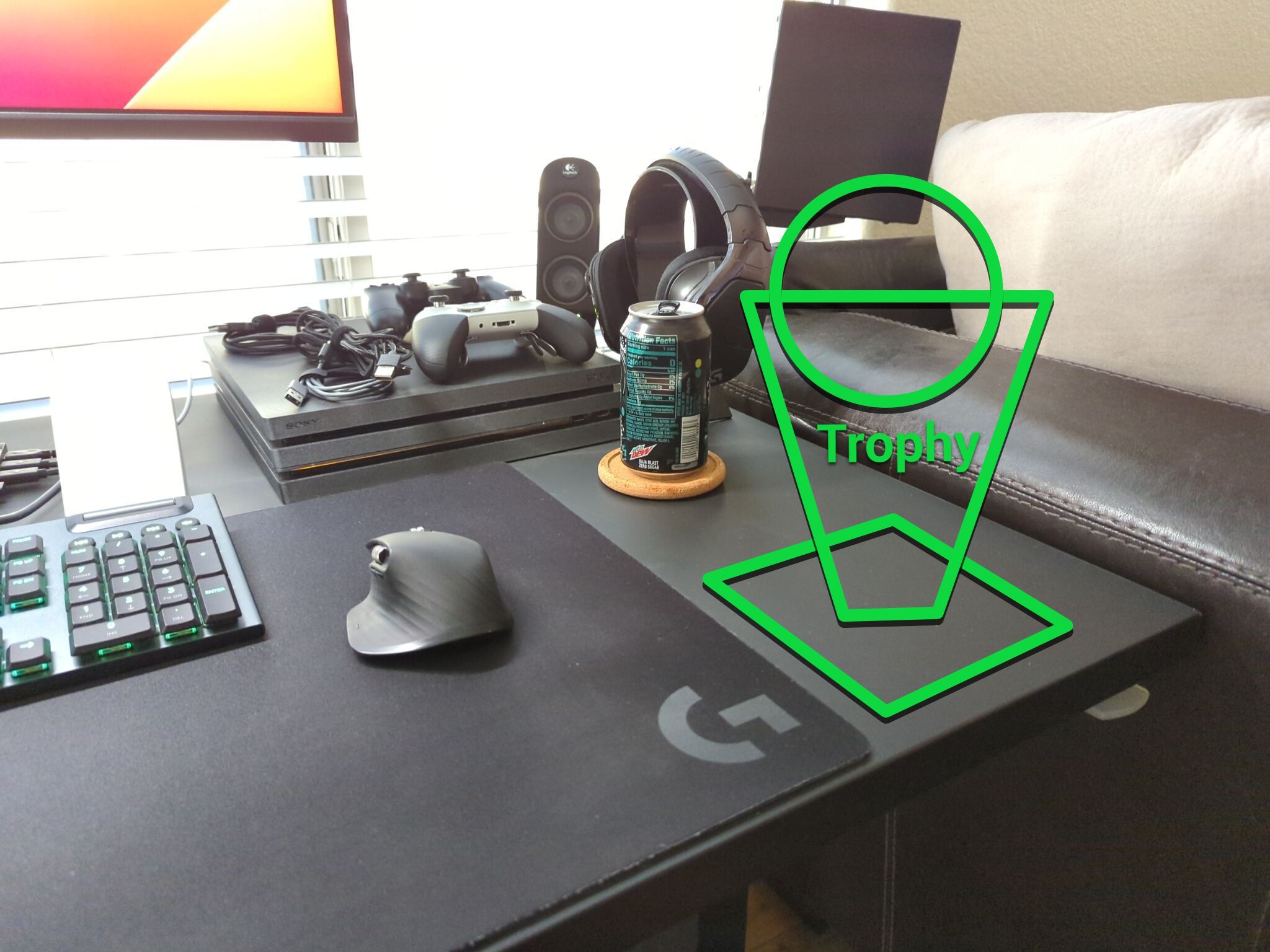The Most Scavengest of Hunts
Testing paragraphs. A proper article indicates that its noun is proper, and refers to a unique entity. It may be the name of a person, the name of a place, the name of a planet, etc. The Māori language has the proper article a, which is used for personal nouns; so, "a Pita" means "Peter". In Māori, when the personal nouns have the definite or indefinite article as an important part of it, both articles are present; for example, the phrase "a Te Rauparaha", which contains both the proper article a and the definite article Te refers to the person name Te Rauparaha. The definite article is sometimes also used with proper names, which are already specified by definition (there is just one of them). For example: the Amazon, the Hebrides. In these cases, the definite article may be considered superfluous. Its presence can be accounted for by the assumption that they are shorthand for a longer phrase in which the name is a specifier, i.e. the Amazon River, the Hebridean Islands.[citation needed] Where the nouns in such longer phrases cannot be omitted, the definite article is universally kept: the United States, the People's Republic of China.












